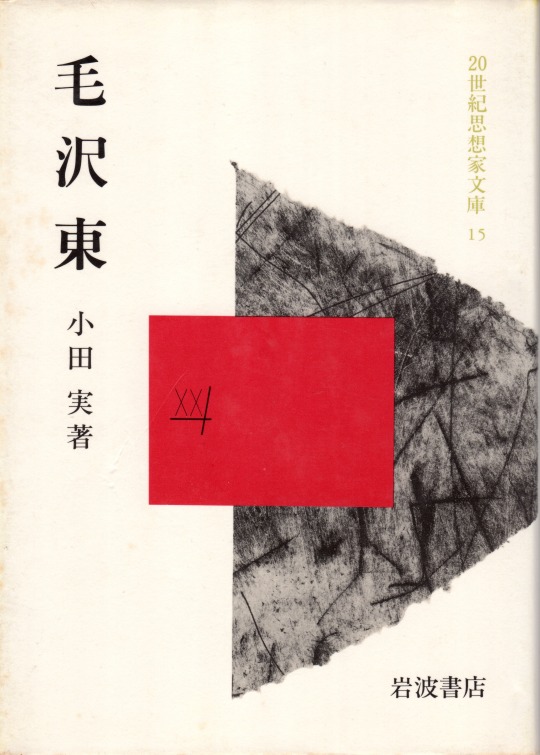#yoshishige saito
Explore tagged Tumblr posts
Text

Yoshishige Saito - blue - 1964
158 notes
·
View notes
Text

毛沢東 小田実 20世紀思想家文庫 15 岩波書店 カバー=斎藤義重
14 notes
·
View notes
Text

Untitled, Saitō Yoshishige [aka Yoshishige Saitō], 1965.
33 notes
·
View notes
Text





Yoshishige Saito (1904-2001) was born at the cusp of the Meiji (1868–1912) and Taisho (1912–26) periods, two of the eras in early twentieth century Japan that marked the conclusion of the first phase of the country's fervent Westernization and industrialization and the beginning of its embrace of decadent modernity. Already as a teenager, Saito showed a great interest in art, particularly painting, and was exposed to a wide range of experimental visual and performing arts, literature, and film.
His encounter with Japan’s early avant-garde movement MAVO in 1923 was the first turning point in his formative years. Led by Tomoyoshi Murayama (1901–1977) who recently returned from Weimer Germany, MAVO proposed an explosive alternative to the tame academicism of Japanese modern art of the time. Their activities included the incorporation of everyday materials into art, experimental theater and happenings, as well as socially engaged design and architecture projects, all of which set a precedent for the postwar blossoming of the Anti-Art movement from the late 1950s. Saito was awe-struck by Murayama’s uninhibited creative imagination and from the mid-1920s to around 1930 he nearly abandoned his practice in painting, spending much of his time on critical writing.
During the 1930s, inspired by Russian Constructivism, Saito resumed his work as an artist, producing relief paintings and sculptures whose geometric quality proved consistently important to the artist as it resurfaced repeatedly in his postwar creations like Work from 1963 and in many other installation works produced in his last years. However, in the decade imminently facing the start of World War II, Saito’s unconventional three-dimensional works using plywood, strings, and plastic placed him against the conservatism of officially administrated exhibitions. Rather than compromising under the circumstances, the challenge only encouraged him to embark on a life-long search for the expression that lies between the realm of painting and sculpture.
8 notes
·
View notes
Link
Green peppers are in season from June to September, but red peppers, which are harvested after they are fully ripe, are in season a little later. However, peppers are often grown in greenhouses and tend to be available all year round. Therefore, you can enjoy not only green bell peppers but also red bell peppers throughout the year. Red bell peppers and paprika are vegetables of the Solanaceae family, which are native to the tropical regions of Central and South America, and are botanically related to chili peppers. They are classified in the same way, but there are some differences. Paprika is in season from June to September, and red peppers come in later, so the season is different.
0 notes
Photo

Yoshishige Saito - Blue
38 notes
·
View notes
Photo

Saito Yoshishige
2 notes
·
View notes
Photo

現代詩手帖 1983年12月号 思潮社 表紙=斎藤義重 現代詩年鑑’84
17 notes
·
View notes







